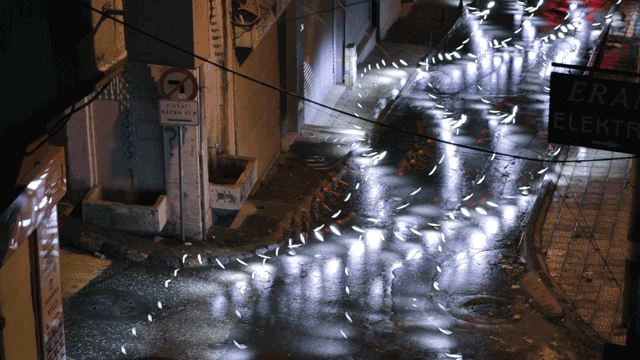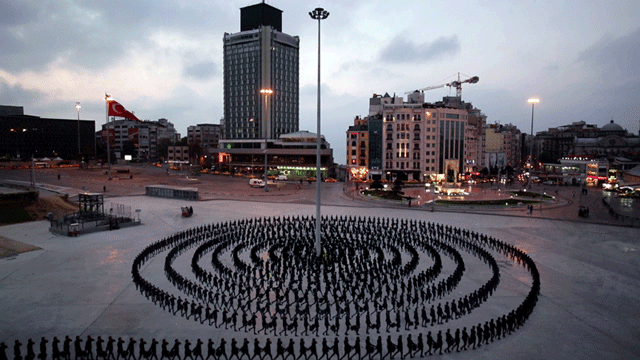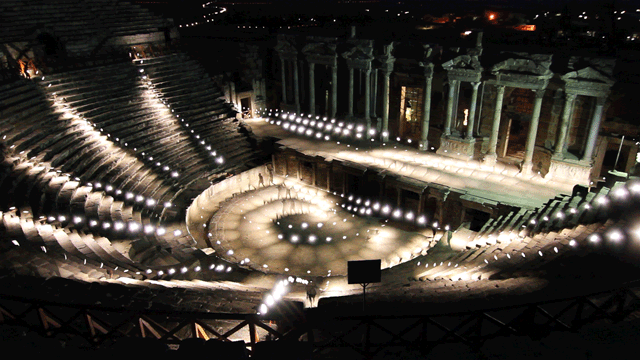I just love the instantly performative space a sculpture of the human body presents. It’s like an instant empathy machine. If not a mind connection, at the very least a body connection is formed. You can’t help but try to mimic the pose and state of the form you are presented with.
Althamer here subverts that instinct a little and I love it. You’re presented with a void where a body should be, a skeletal / zombie / mummy like experience mixed with the invisible man. Just enough to give a hint of the human form that should add corporality but is strangely absent yet wholly defined. That, paired with the extremely lifelike casts of the most expressive part of the human body just creates something perfectly disturbing and uncanny.
And yet this series is just one of a diverse, varied and long art practice that is Paweł Althamer.
















